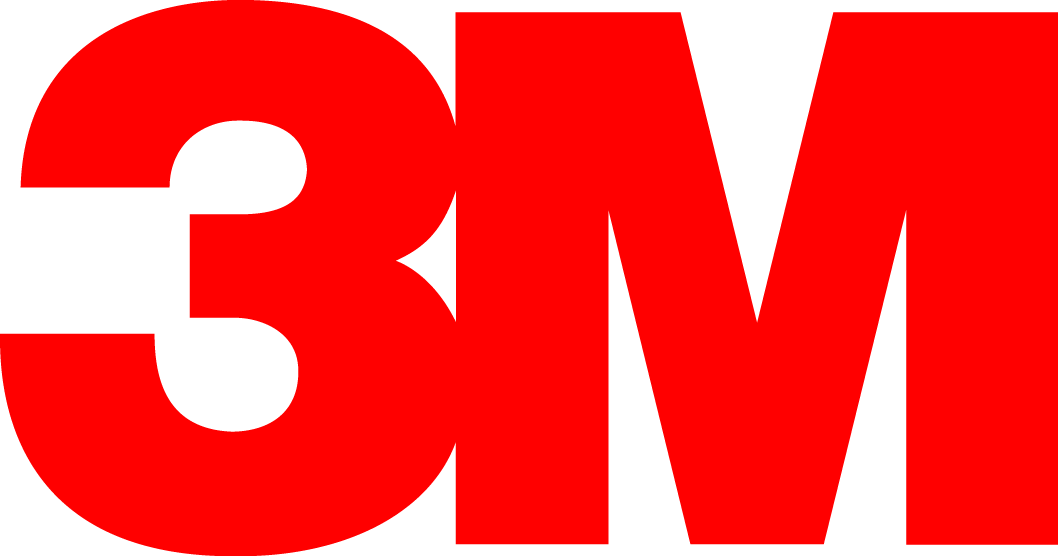Listening to Our Communities: The Diverse Voices and Perspectives of 3M's Community Coalition
In early 2020, Garfield Bowen was leading global R&D operations and project management office for one of 3M’s largest divisions when he got a call from the chief human resources officer – a call that would completely change his career trajectory. A leadership position had been created to advance more of the company’s equity initiatives and they wanted to know if he would like to be considered.
“I took some time to think about it because the emotions of the time were raw and real,” Garfield said. “I wanted to make sure that the company was really serious about doing this work and that this was something I could see myself getting behind to make a difference because I have a bias for action. If the company wasn’t serious about action, then I wouldn’t be the right candidate.”
Now, as 3M’s first-ever Vice President of Social Justice Strategies and Initiatives, Garfield has helped to create some bold commitments for the company that focus on driving equitable change in the workplace, in the community and in 3M’s business practices, but he will be the first to state that no single person or organization can create racial equity on its own. This is why 3M created the Community Coalition, a group of diverse leaders from the Twin Cities, including representatives from local government, nonprofits, and the education sector.
“Our CEO challenged us to listen, seek to understand, and then act,” Garfield said. “And that’s why we created the community coalition. Yes, we have resources that we want to deploy to solve problems, but before we spend, let us listen to the voices of our community partners to advise us on the best way to put those resources to work.”
The community coalition brings forward diverse voices and perspectives to advise 3M on plans for equitably directing a $50 million investment in the community. Partners include leaders and organizations driving real change in our communities: Saint Paul Mayor Melvin Carter, on behalf of the city of Saint Paul; Superintendent Joe Gothard, on behalf of Saint Paul Public Schools; Tawanna Black, on behalf of Center for Economic Inclusion; Acooa Ellis, on behalf of Greater Twin Cities United Way; Pahoua Yang Hoffman, on behalf of Saint Paul & Minnesota Foundation; Laverne McCartney Knighton, on behalf of UNCF; Chancellor Devinder Malhotra, on behalf of Minnesota State Colleges and Universities; and Otis Zanders, on behalf of Ujamaa Place.
The coalition helped to identify five areas within the community where 3M could make a difference through strategic investments and volunteerism, including STEM equity, access to health care, transportation safety, education and housing. In the coming years, 3M leaders hope that they will have spent the $50 million in ways that address these systemic challenges and barriers that have existed. Wanting to do this the right way is why 3M has taken such a strategic approach and the difference has been noted by coalition members. Acooa, senior vice president of community impact for the Greater Twin Cities United Way, has seen many companies like 3M take on the equity challenge, but this felt different.
“I’ve seen a lot of organizations approach the conversation from a place of charity,” Acooa said. “Charity asks ‘what do you need and how can I help?’ True momentum toward equity requires a justice approach, which means getting curious about why the need exists and then really reckoning with our specific role relative to that cause. That’s something I see 3M doing.”
After the national reckoning on race and race relations, Devinder Malhotra, chancellor of Minnesota State Colleges and Universities, says there was an element of collective impatience among people that this cannot be allowed to go on forever.
“Suddenly gilded statements about commitment and aspirations were not enough,” he said. “The people want to see action and progress. I really commend 3M for taking up this challenge.”
Both Acooa and Devinder see 3M investments to address education equity as a way to create systemic change that can positively affect students and their families.
“This commitment, for us, is about how we will support our students,” Devinder said. “So essentially what the student ought to see, if we are doing our work in an appropriate way, is to see a more welcoming, inclusive ethos as they walk into our institutions. They should see clearly where they can go for support and the be well positioned to accomplish their educational goals.”
Pahoua, senior vice president of community impact at the Saint Paul & Minnesota Foundation, says she is excited about how this will support current efforts underway to support families and individuals who have barriers in returning to work.
“Childcare remains a huge barrier preventing people from returning to work,” Pahoua said. “This largely impacts women and women of color. So, if that’s a key barrier, then that is something I want to address with part of the 3M investments that are coming our way.”
In this complex space, 3M hopes partnering with organizations in the Twin Cities will better address these issues so we can be a part of the solution. Coalition member Acooa agrees: “What I want people to know is that the people who are closest to the challenges are closest to the solutions,” she said.
As the work in our U.S. communities continues, Garfield says the next frontier is to focus on inequities in other parts of the world.
“We are a global company and equity isn’t only a U.S. ambition,” he said. “Inequities look different across Asia, Latin America and Europe. We’re committed to digging in even more to address the unique challenges and systems of oppression that exist in different parts of the world.”
For more details about what 3M is doing to create greater equity in our workplaces, communities and business practices, visit 3M.com/equity.

